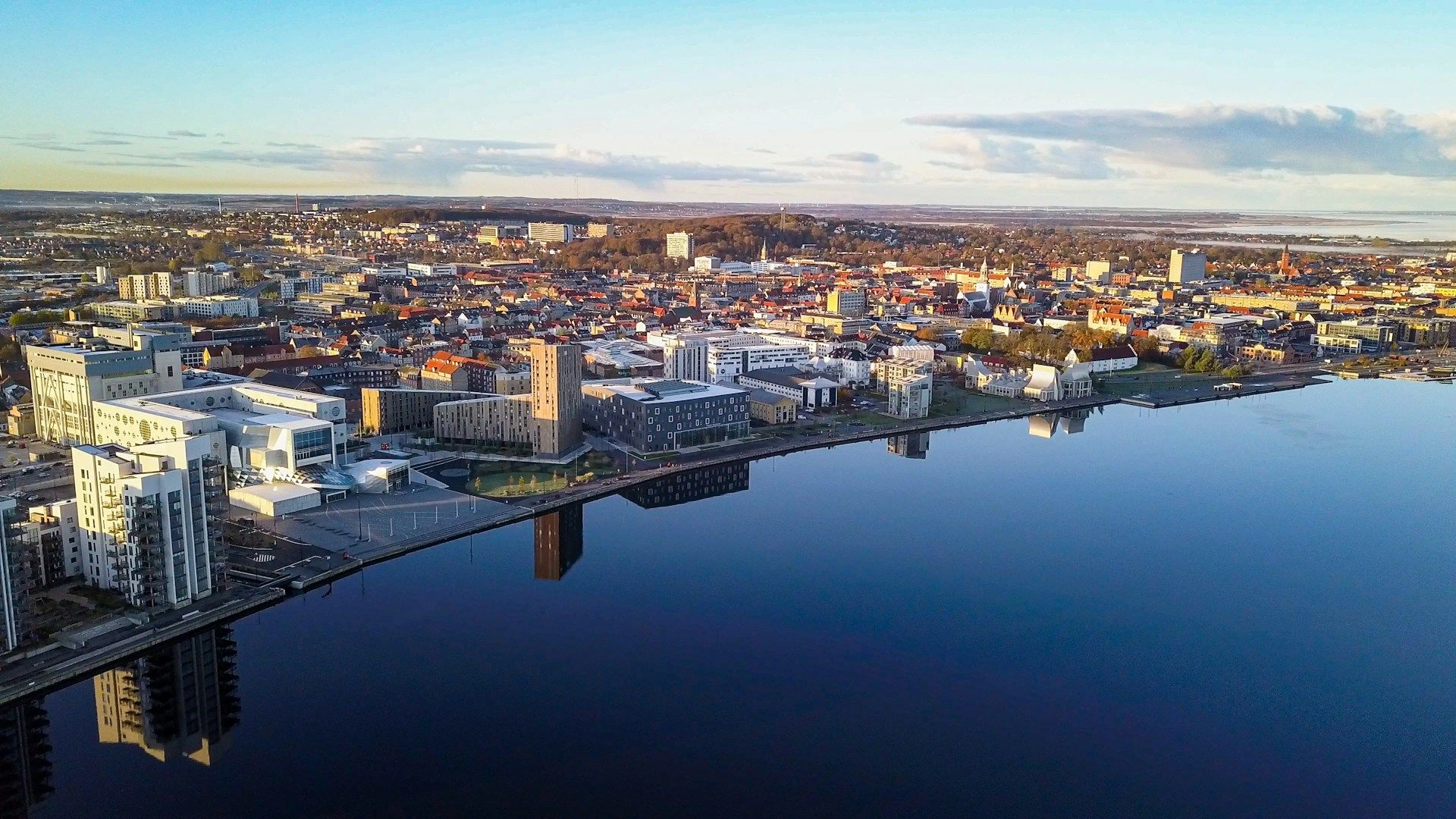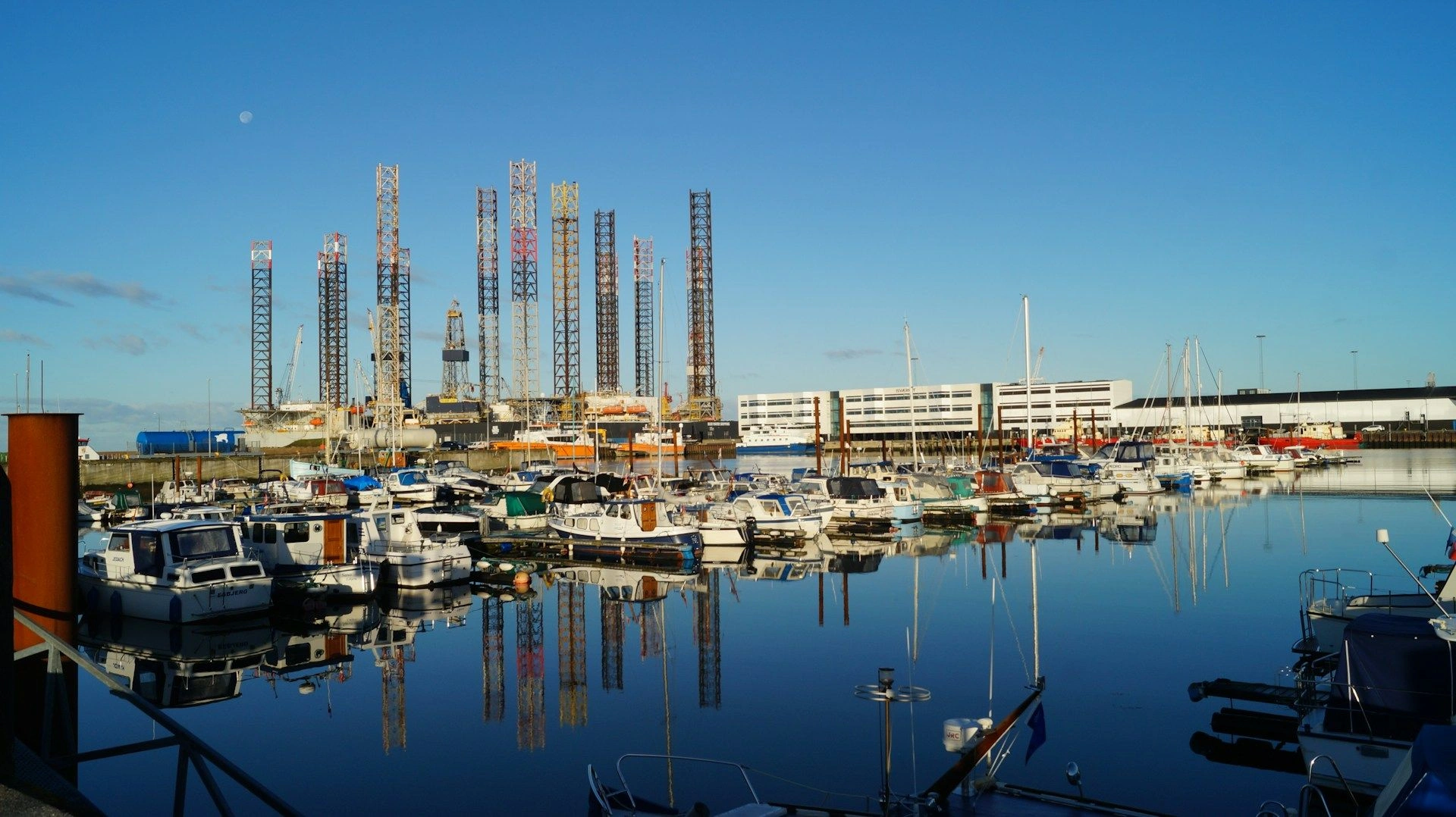Denmark Real Estate for Investment – Opportunities for BuyersCountry of clean streets, slow paceand high-quality housing

Popular
cities and regions in Denmark
Best offers
in Denmark
Benefits of investment in
Denmark real estate
Real estate in one of the world’s happiest countries
Denmark consistently ranks high in global happiness and livability — making its cities attractive for tenants and owners alike.
Balanced property laws and social infrastructure
System supports both investor stability and tenant security, creating a strong foundation for income properties.
Architecturally advanced and well-planned cities
Copenhagen and Aarhus stand out for design, mobility, and long-term demand for quality housing.
Real estate in one of the world’s happiest countries
Denmark consistently ranks high in global happiness and livability — making its cities attractive for tenants and owners alike.
Balanced property laws and social infrastructure
System supports both investor stability and tenant security, creating a strong foundation for income properties.
Architecturally advanced and well-planned cities
Copenhagen and Aarhus stand out for design, mobility, and long-term demand for quality housing.

Useful articles
and recommendations from experts
Investment Property in Denmark: Market Trends and Opportunities
Market trends and investment potential
Denmark, a member of the European Union and part of the Nordic region, offers one of the most stable and transparent real estate markets in the world. Known for its high quality of life, advanced infrastructure, and strong economy, the country continues to attract both domestic and international investors. Investment property in Denmark benefits from consistent demand, driven by population growth in urban centers, a thriving tourism industry, and a highly skilled workforce.
Copenhagen, the capital city, is the primary hub for real estate activity. Its mix of historic charm and modern development makes it attractive to a wide range of buyers and tenants. Aarhus, Odense, and Aalborg are also growing markets, each offering unique investment opportunities in residential, commercial, and mixed-use properties. Real estate investment in Denmark is supported by a well-functioning mortgage system, low corruption levels, and strong governance, all of which contribute to a secure environment for investors.
Denmark’s property market has shown remarkable resilience during global economic fluctuations. Stable price growth, high occupancy rates, and ongoing infrastructure investments create favorable conditions for both capital appreciation and rental income. Key projects, such as urban redevelopment in Copenhagen’s Nordhavn district and transportation upgrades connecting regional cities, are boosting property values and attracting long-term investment.
The country’s strong environmental policies also play a role in shaping the real estate market. Denmark is a leader in sustainable building practices, with growing demand for energy-efficient properties from both tenants and buyers. This trend presents opportunities for investors to target environmentally conscious markets and potentially benefit from government incentives for green developments.
Types of investment properties
Denmark offers a wide variety of investment property types to suit different strategies and risk appetites. In the residential sector, high-demand apartments in central Copenhagen remain a prime choice, offering steady rental yields and strong appreciation potential. These properties are popular among young professionals, expatriates, and students seeking proximity to workplaces, universities, and cultural amenities.
Student housing is a niche segment with consistent demand, especially in university cities like Aarhus, Odense, and Aalborg. Purpose-built student accommodations offer stable occupancy rates and predictable cash flows, appealing to yield-focused investors.
Commercial properties in Denmark range from office spaces in Copenhagen’s business districts to retail units in high-traffic shopping streets. The growth of e-commerce has also driven demand for logistics and warehouse facilities, particularly in areas with good transport links to the rest of Europe. Mixed-use developments combining residential, retail, and office spaces are becoming increasingly popular, offering diversified income streams.
Tourism-related properties, such as boutique hotels, serviced apartments, and short-term rental units, are also attractive investments. Coastal regions, islands, and cultural destinations like Roskilde and Helsingør see steady visitor numbers, supporting year-round rental opportunities for well-located hospitality assets.
Legal framework for investors
Denmark’s property laws are clear, efficient, and transparent. EU and EEA citizens can freely purchase property, while non-EU buyers must obtain permission from the Danish Ministry of Justice. This requirement is generally straightforward with proper legal guidance. Foreign investors can own apartments, commercial buildings, and other property types in Denmark, although restrictions apply to primary residences for non-residents.
The purchase process involves signing a sales agreement, completing due diligence, and registering the property with the Danish Land Registry. Property rights are protected by law, and the registration system is reliable and accessible. Transaction costs are moderate, typically including stamp duty, legal fees, and registration charges, totaling around 4-6% of the purchase price.
Rental regulations in Denmark are designed to protect tenants, but they also ensure stability in rental income. Rent levels for certain properties are regulated, especially in older buildings, while newer constructions often allow for market-based rents. Understanding the legal framework for leases is essential to optimize returns while complying with Danish law.
Profitability and rental yields
Rental yields in Denmark vary depending on location, property type, and tenant profile. In central Copenhagen, yields typically range from 3% to 4%, reflecting high property values but low vacancy risk. Secondary cities like Aarhus and Odense may offer yields of 4% to 5%, with lower acquisition costs and growing rental demand.
Student housing can deliver yields of 5% or higher, especially in cities with a large student population and limited supply of affordable accommodation. Commercial properties can generate yields between 4% and 6%, depending on tenant quality, lease terms, and property location.
Tourism-related properties in coastal and cultural destinations benefit from Denmark’s steady visitor numbers. Well-managed short-term rental properties can outperform traditional long-term rentals in peak seasons, particularly in high-demand tourist areas.
Capital appreciation potential is strongest in urban centers with ongoing infrastructure projects and population growth. Investors considering how to invest in Denmark should evaluate both yield potential and long-term value growth for a balanced strategy.
Challenges and risk management
While Denmark offers a secure and stable investment environment, certain challenges should be considered. High property prices in Copenhagen can limit entry for some investors and compress yields. Competition for prime assets is strong, requiring thorough market research and a well-defined investment strategy.
Regulatory differences between municipalities can affect development and rental regulations, so understanding local laws is important. Additionally, the tenant-friendly legal framework may limit flexibility in certain rental situations, making careful lease structuring essential.
Currency risk is minimal for euro-linked investors, as the Danish krone is pegged to the euro, but investors from non-euro countries should account for exchange rate fluctuations. Market trends can also be influenced by broader EU economic conditions, so diversification within Denmark and across property types can help mitigate risks.
Risk management strategies include partnering with experienced local agents, conducting detailed due diligence, and engaging professional property management to maintain high occupancy rates and protect asset value.
How VelesClub Int. supports investors
VelesClub Int. offers comprehensive support for investors entering the Danish property market. Our services include market analysis, property sourcing, legal assistance, and transaction management. We help clients identify investment property in Denmark that aligns with their goals, whether focused on rental yields, capital appreciation, or portfolio diversification.
We provide property management solutions for investors seeking consistent rental yields in Denmark. Our services cover marketing, tenant acquisition, lease administration, and maintenance coordination, ensuring that properties remain competitive and profitable.
For those exploring how to invest in Denmark with a focus on sustainable and energy-efficient developments, we offer guidance on targeting properties that meet green building standards and appeal to environmentally conscious tenants and buyers.
By combining local expertise with global investment experience, VelesClub Int. ensures that clients maximize returns while minimizing risks. Whether investing in urban apartments, commercial assets, or tourism-related properties, our team provides the insights and execution needed for long-term success in Denmark’s transparent and resilient real estate market.





